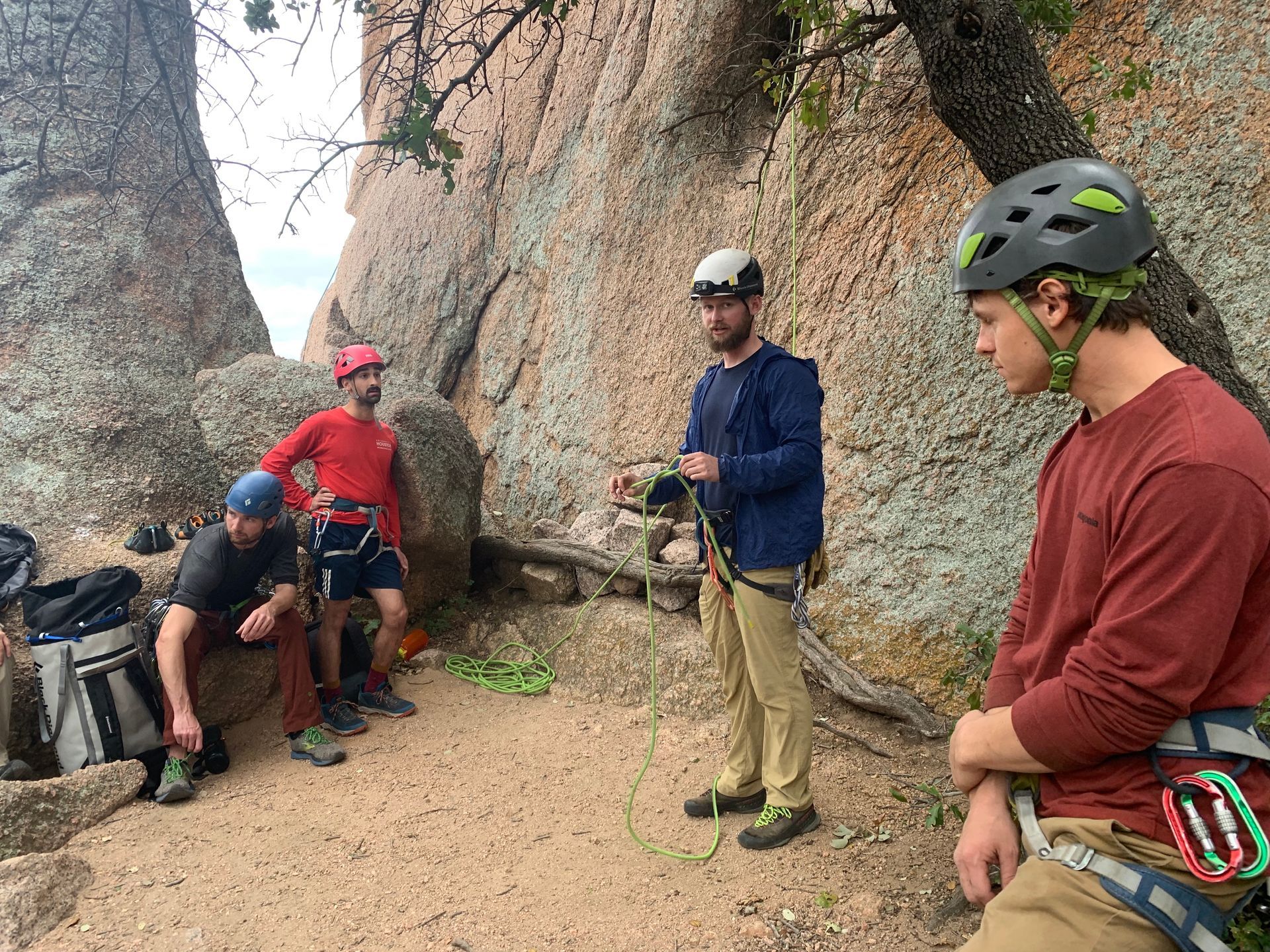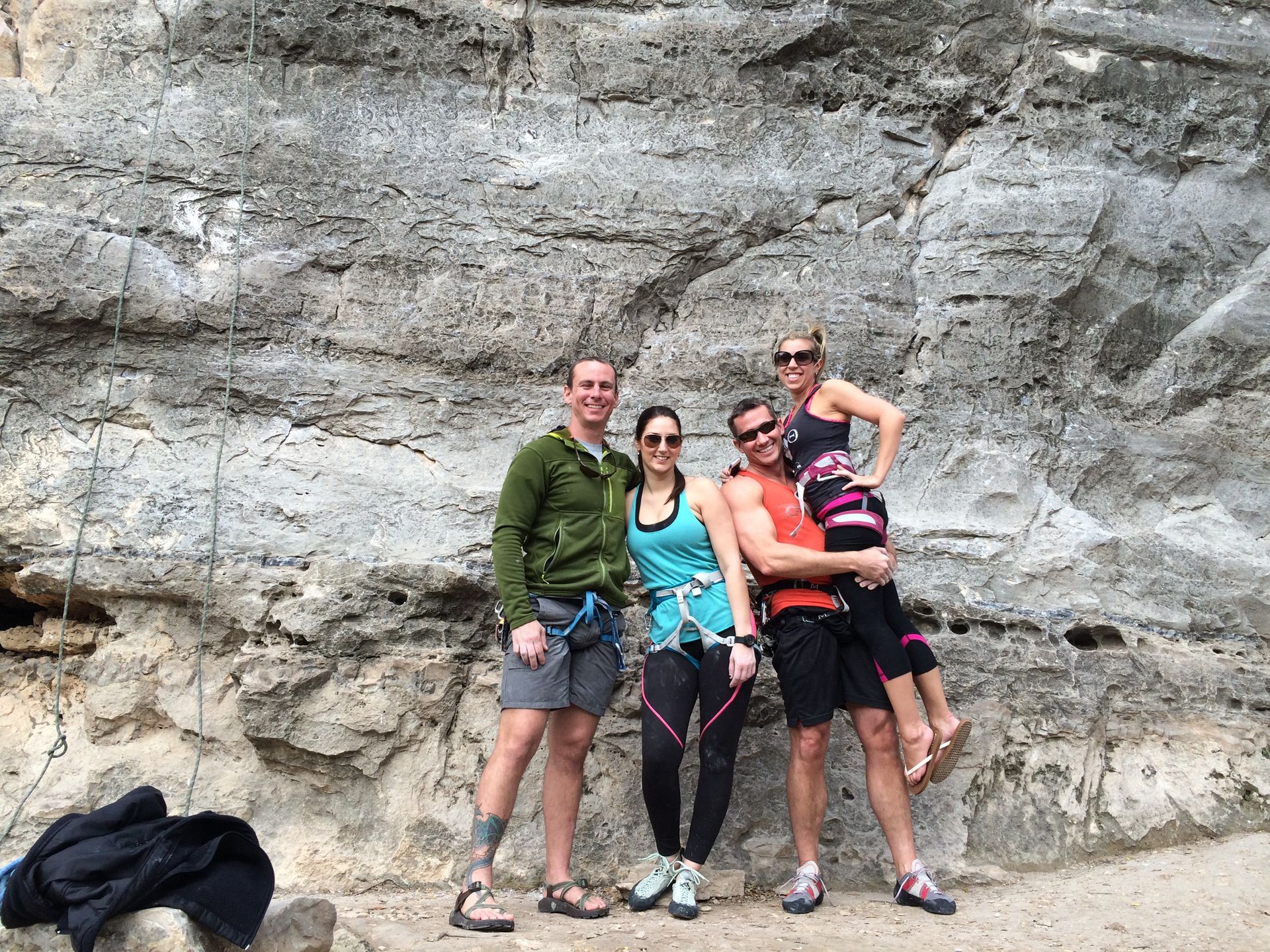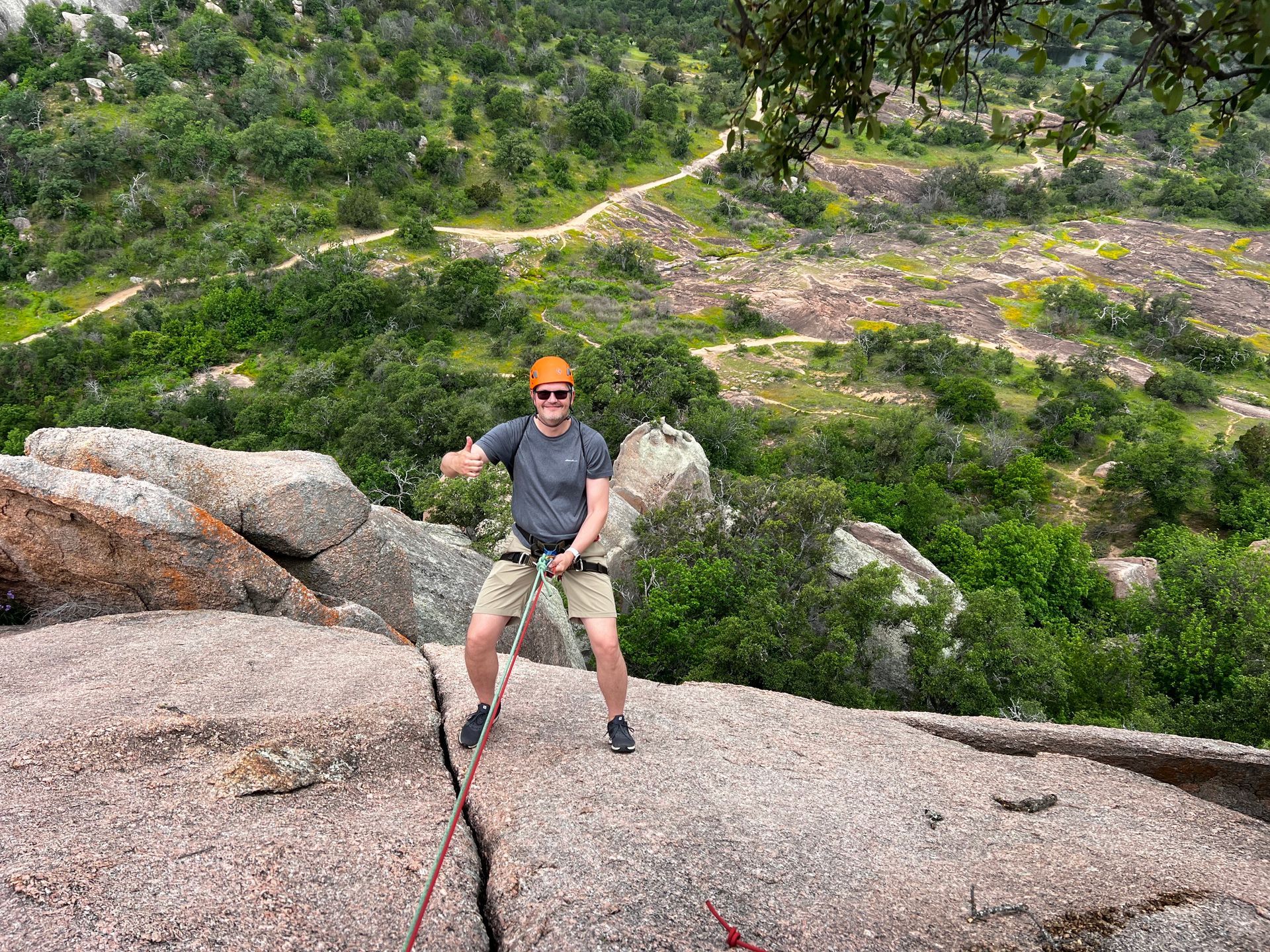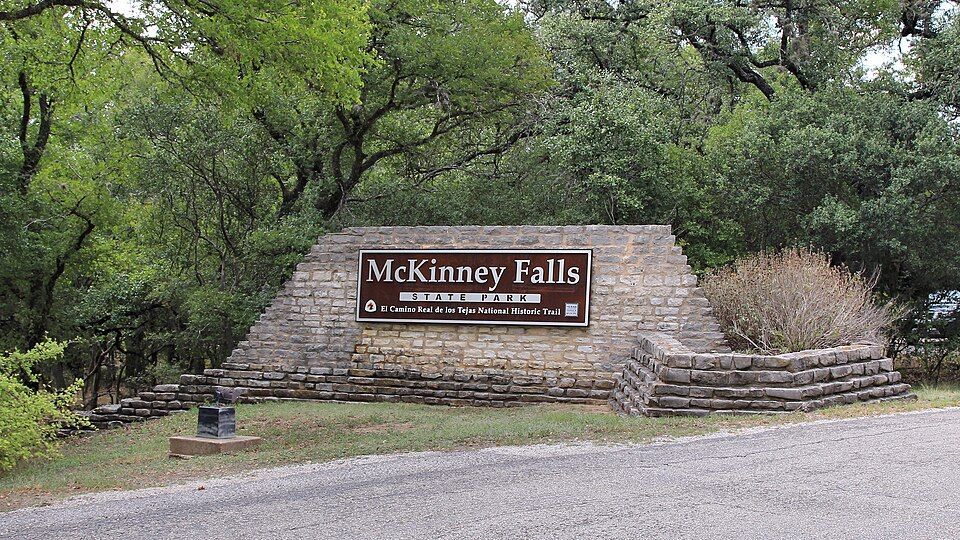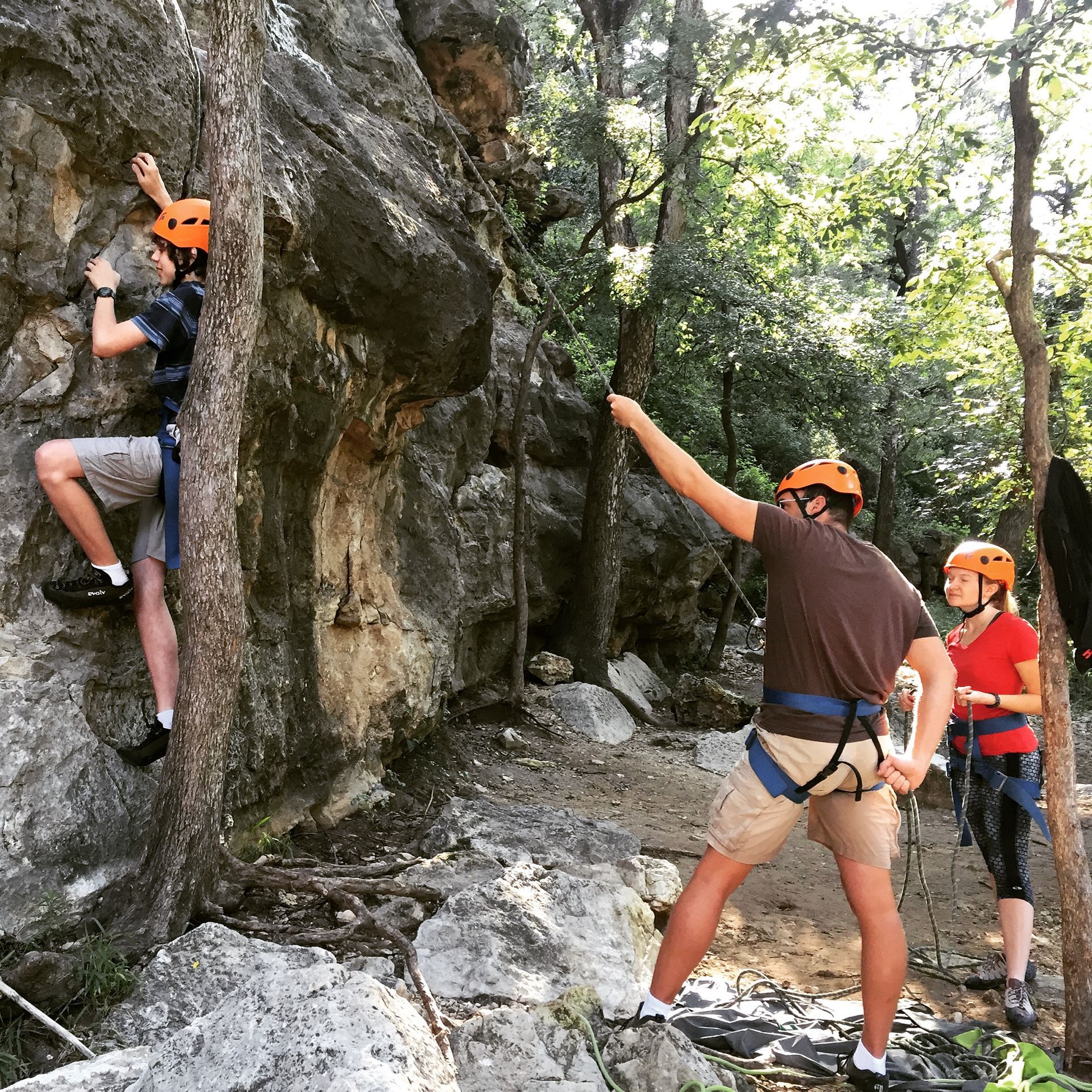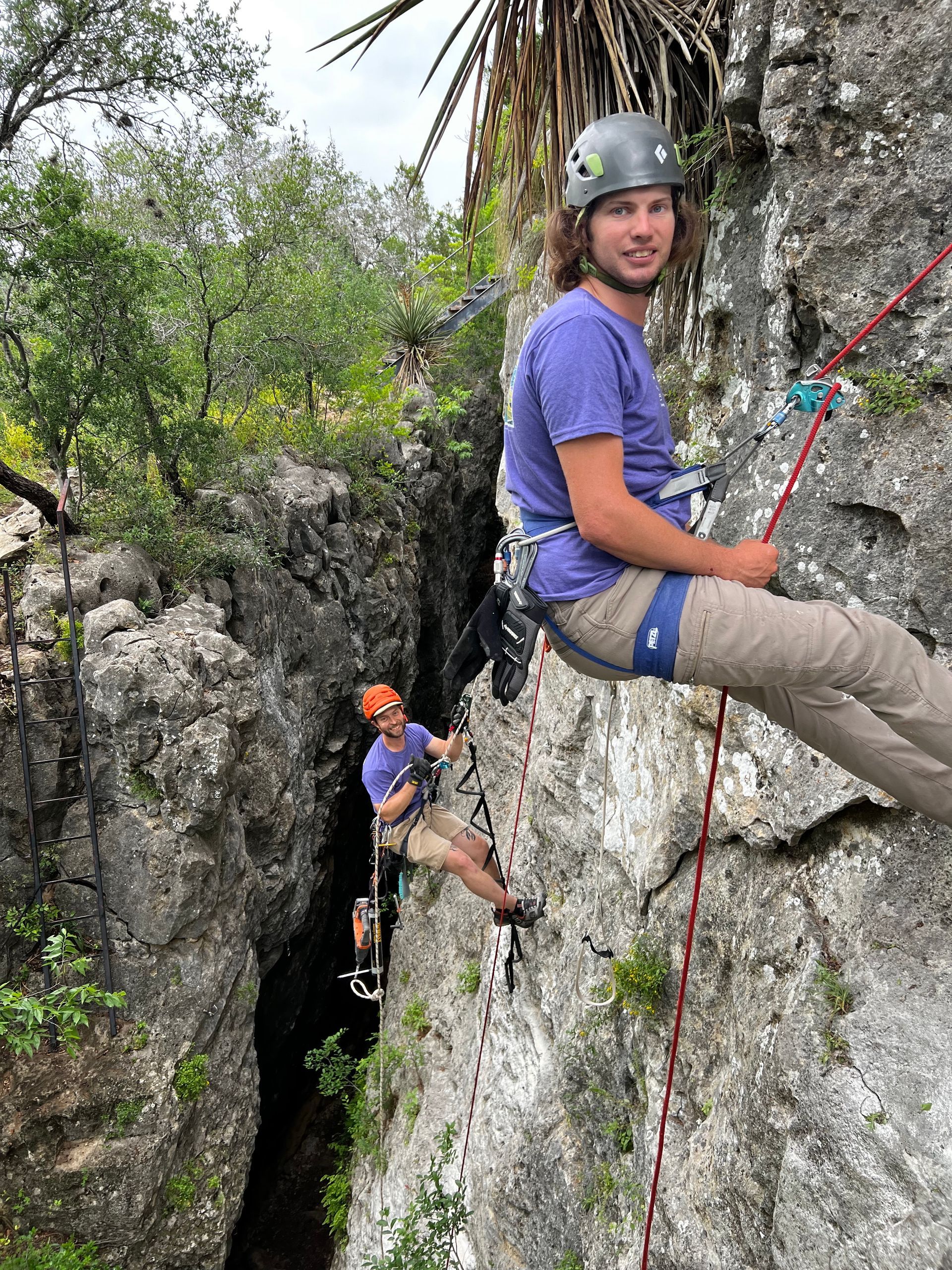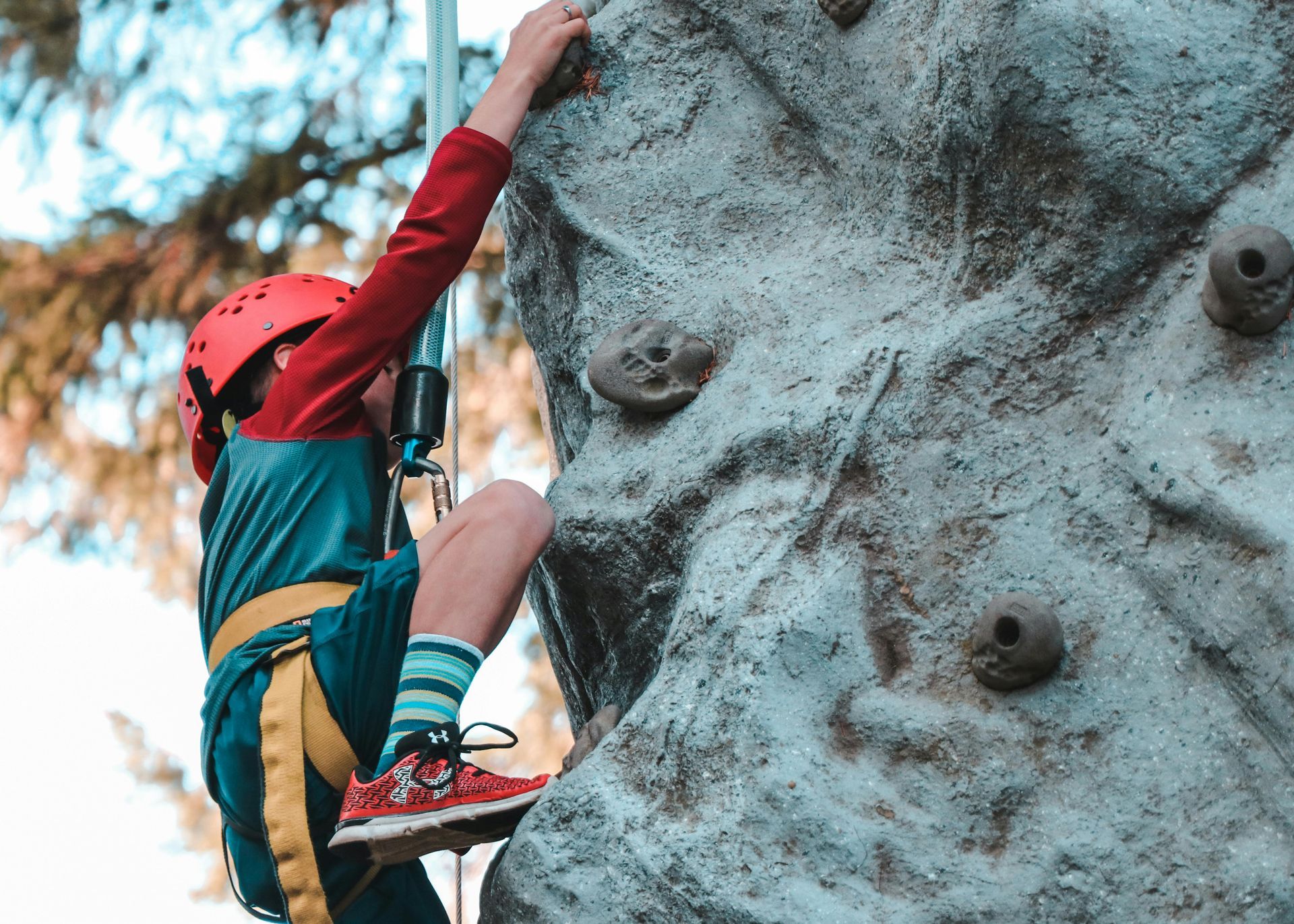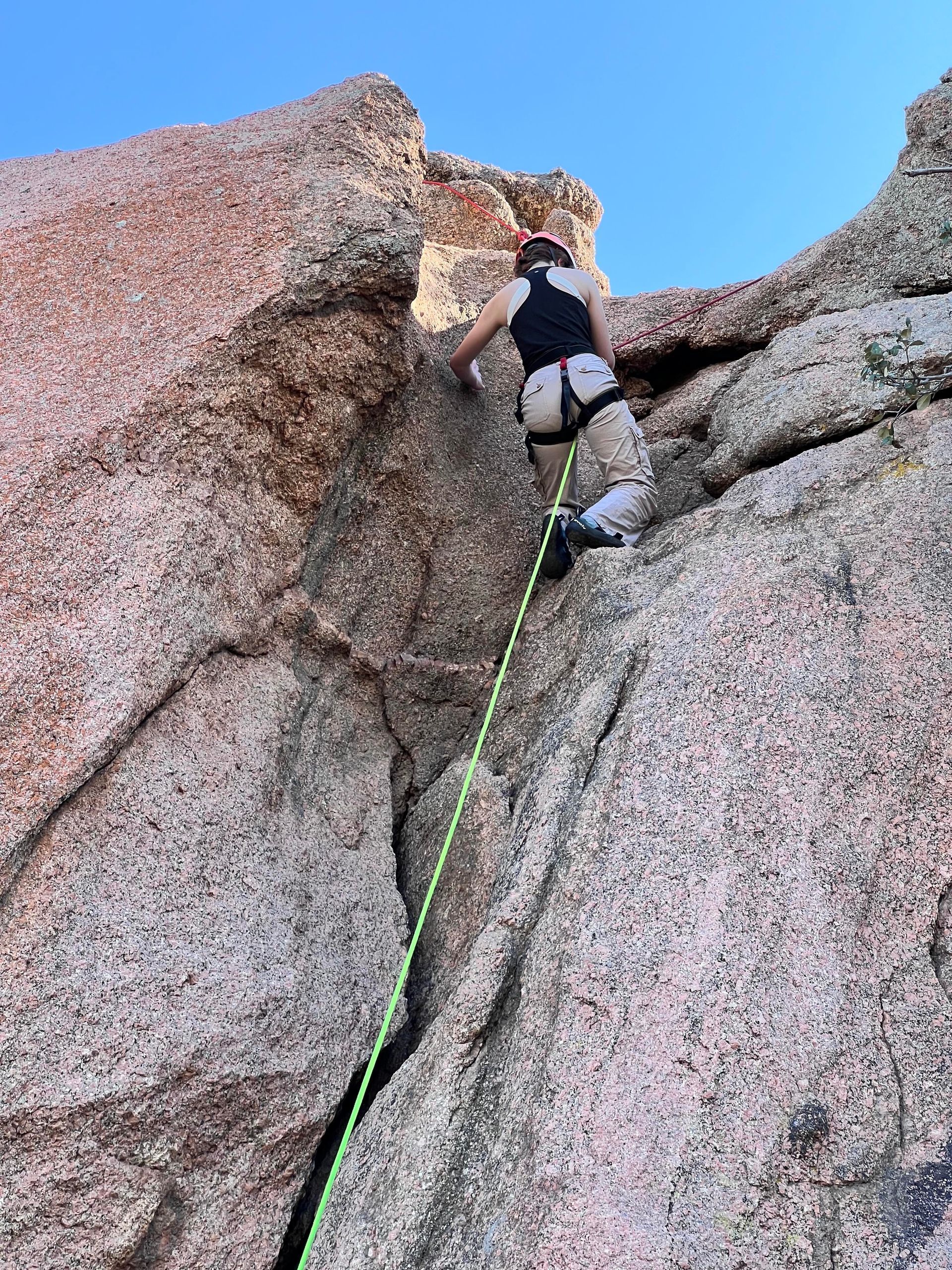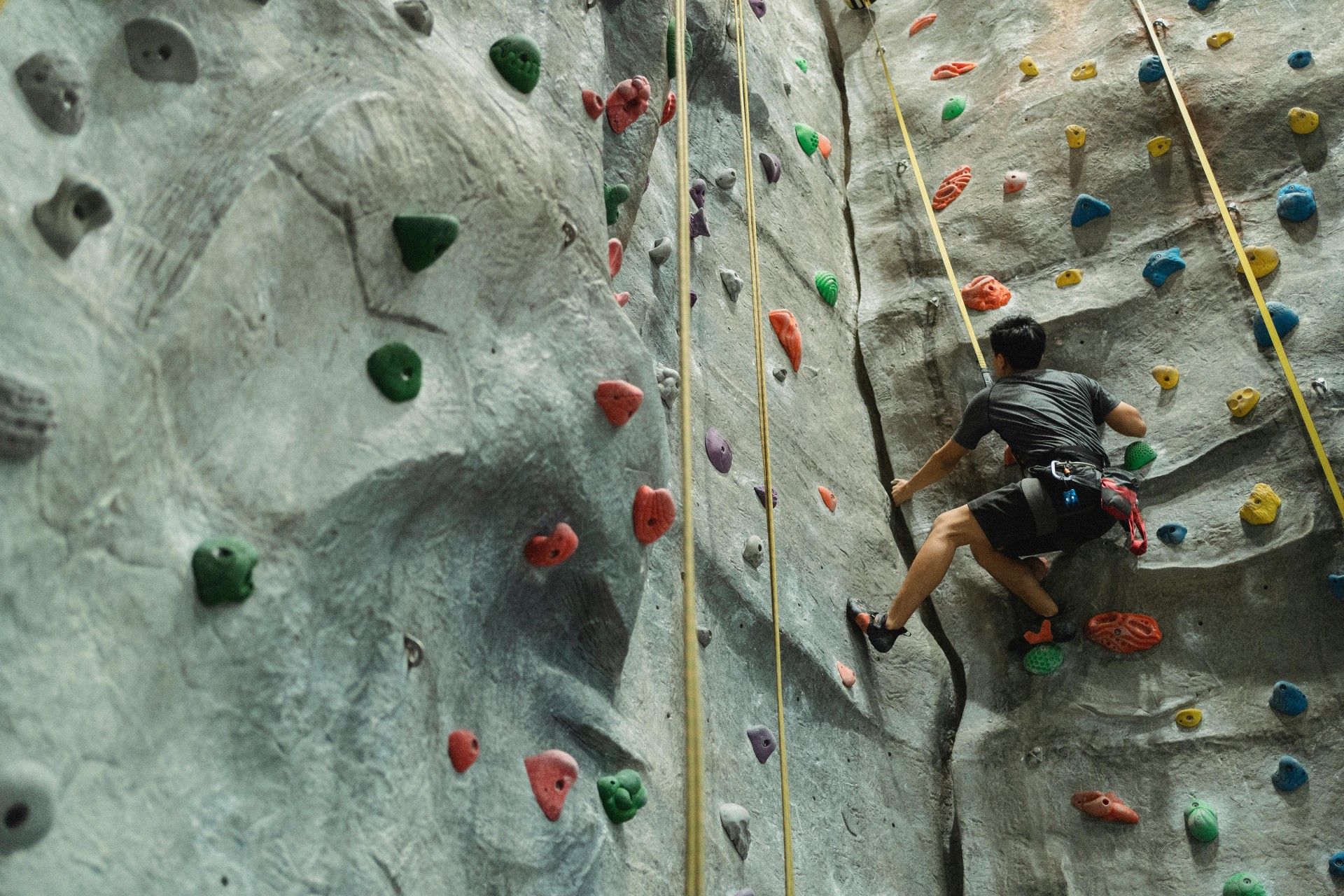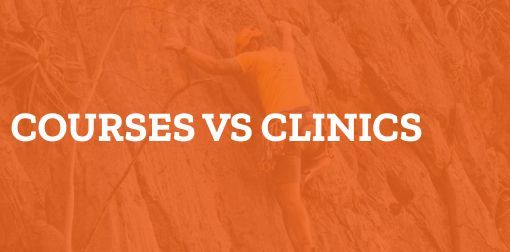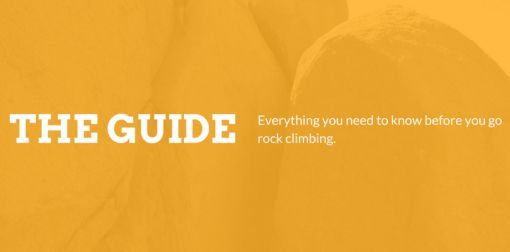Skills Required To Become A Climbing Instructor
Adventurers from all walks of life are drawn to climbing because it is a thrilling and difficult sport. The need for knowledgeable climbing instructors is increasing along with climbing’s popularity. By guiding climbers through the complexities of the sport, a climbing instructor is essential to ensuring their safety and enjoyment.
There are a number of crucial abilities one needs to have in order to succeed as a climbing instructor. The essential competencies needed to succeed in this field focus on three key areas: technical proficiency, effective communication and teaching skills, and strong leadership qualities.
Key Takeaways
- Becoming a successful climbing instructor requires mastering technical proficiency in climbing techniques, equipment use, and safety procedures.
- Strong
communication and teaching skills help instructors connect with climbers of all levels, adapting methods to fit diverse learning styles.
- Effective
leadership qualities ensure climbers’ safety, build trust, and create a supportive team environment on every route.
- Ongoing professional development keeps instructors current with industry standards, advanced techniques, and evolving safety practices.
- Booking with services like
Rock-About Climbing Adventures in Texas offers climbers expert guidance, safe instruction, and unforgettable climbing experiences.
Technical Proficiency: Mastering the Art of Climbing
A high level of technical proficiency in climbing is one of the most important qualifications for a climbing instructor. This includes having a thorough understanding of the various climbing methods, tools, and safety procedures. A climbing instructor should be knowledgeable about bouldering, sport climbing, and traditional climbing both indoors and outdoors.
Instructors can more effectively demonstrate and instruct students on how to navigate various terrains, use the equipment correctly, and carry out climbing maneuvers safely when they have a strong foundation in climbing techniques. Additionally, instructors need to be able to identify risks and take steps to reduce them so that their students are always safe. To stay current with the most recent industry standards and best practices, instructors must engage in regular practice and advanced climbing courses.
Communication and Teaching Abilities: Connecting with Climbers
Every instructor needs to be able to communicate clearly, and climbing instructors are no different. Strong interpersonal skills are necessary for climbing instructors in order to connect with their students, comprehend their objectives, and inspire them to push their limits. Instructions, guiding climbers through difficult routes, and giving feedback on technique all require clear and concise communication.
A climbing instructor should also be able to modify their teaching methods to accommodate students with various learning styles and skill levels. Some climbers may require hands-on demonstrations, while others might benefit from verbal explanations or visual aids. Patience, empathy, and the ability to provide constructive criticism in a supportive manner are all crucial qualities that can make the learning experience more enjoyable and effective for climbers.
Strong Leadership Qualities: Guiding Climbers Safely
To ensure the security and welfare of climbers, one must assume a leadership position as a climbing instructor. In order to inspire students with confidence and establish a safe and secure climbing environment, strong leadership skills are essential. This includes the ability to make quick and informed decisions, assess risks accurately, and provide clear directions during challenging situations.
Since climbing is frequently done in team settings, leadership also entails knowing how to manage group dynamics. Task delegation, encouraging teamwork, and resolving potential conflicts are all skills that instructors must possess. For climbers to feel at ease and confident in their skills, trust must be developed, and a supportive environment must be created.
Continual Learning and Professional Development: Staying Ahead of the Curve
The world of climbing is constantly changing as new methods, tools, and safety procedures are created. One must be dedicated to ongoing learning and professional development if one wants to be a successful climbing instructor. This entails staying current with market trends, going to conferences and workshops, and looking for mentorship from seasoned climbers.
Climbing instructors can give their students the most up-to-date information by making an investment in their own learning and development. Continued education also allows instructors to expand their skill set and specialize in specific areas, such as guiding outdoor expeditions or teaching advanced climbing techniques. Embracing a lifelong learning mindset is not only beneficial for instructors but also enhances the overall climbing experience for their students.
Rock-About Climbing Adventures: Your Gateway to Thrilling Climbing Experiences in Texas
Rock-About Climbing Adventures is the best option if you are an adventurer looking for a memorable climbing experience in Austin, Texas. With our wide range of offerings and our commitment to safety and professionalism, we have established ourselves as a premier climbing guide service in the Austin, San Antonio, Fredericksburg, and Marble Falls, TX, areas.
Book your climbing adventure with Rock-About Climbing Adventures today, and get ready for the adventure of a lifetime.
Frequently Asked Questions
Here are some common questions about the skills and qualities needed to become a successful climbing instructor.
What do you need to be a climbing instructor?
To be a climbing instructor, you need strong technical climbing skills, knowledge of equipment, and a commitment to safety. Communication, teaching abilities, and leadership are also crucial. Most instructors pursue certifications or courses that validate their ability to guide others safely while adapting to different climbing environments.
What skills are needed for climbing?
Climbing requires precise footwork, good balance, and efficient use of your body. While strength helps, technique is more important—using legs for power, keeping arms relaxed, and maintaining steady breathing. For instructors, these skills must be mastered so they can demonstrate techniques clearly and ensure students learn safely.
What is the job description of a rock climbing instructor?
A rock climbing instructor teaches safe climbing techniques, guides students on routes, and monitors equipment. They adapt lessons for various skill levels, provide clear feedback, and ensure all safety procedures are followed. Their role also includes fostering confidence, teamwork, and respect for the climbing environment.
What makes a good climbing coach?
A good climbing coach combines technical expertise with patience and empathy. They tailor their teaching style to each climber, provide constructive feedback, and motivate students to grow. Strong leadership and the ability to create a supportive, safe environment make the difference between an average and an excellent instructor.
What is a CWI qualification?
The Climbing Wall Instructor (CWI) qualification is a recognized certification that allows individuals to supervise and teach on indoor climbing walls or artificial structures. It ensures instructors meet safety standards, understand equipment use, and can teach effectively in controlled environments.
What mental skills do good rock climbers have?
Successful climbers often develop focus, problem-solving, and resilience. Mental calmness is key for managing fear and making decisions under pressure. Instructors especially need these qualities to set a positive example and guide climbers safely through challenging situations.
Do you tip a rock climbing instructor?
Tipping policies vary by region and service. In many guided climbing programs, tipping is appreciated but not mandatory. If an instructor provides exceptional service, clear instruction, and creates a memorable experience, offering a tip is a thoughtful way to show gratitude.
How much do climbing coaches get paid?
Climbing coach pay depends on experience, location, and the type of instruction. Entry-level instructors may earn hourly wages at gyms, while certified outdoor guides often charge higher rates. Advanced certifications, strong reputations, and guiding in popular climbing destinations usually lead to higher earnings.
